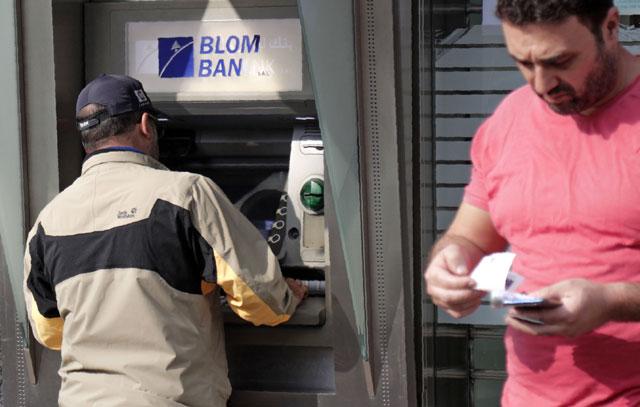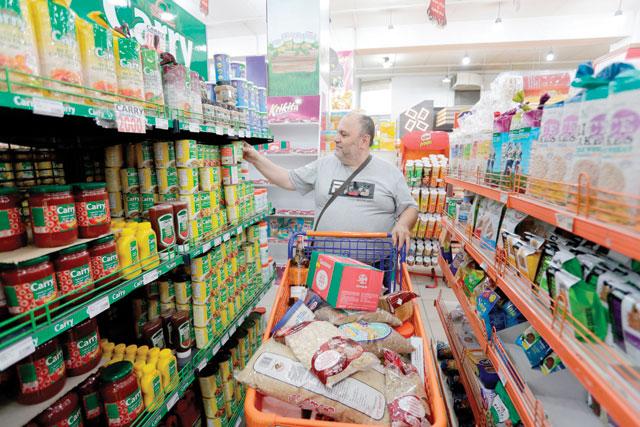You are here
Lebanon gas stations to abandon dollar payments, suspend strike
By AFP - Sep 28,2019 - Last updated at Sep 28,2019
BEIRUT — Petrol station owners in Lebanon on Friday suspended a strike and said they reached a deal with the government allowing them to pay suppliers in Lebanese pounds, following complaints over a shortage in dollars.
The Syndicate of Gas Station Owners on Thursday had announced an open-ended strike, saying banks were not supplying them with the dollars needed to pay importers and suppliers because of a shortage in reserves.
The strike was suspended pending a meeting with lebanon’s Prime Minister Saad Hariri.
"We have reached a solution with regards to the strike," said Sami Brax, head of the syndicate, after the meeting, quoted by the state-run National News Agency.
"We have agreed that... fuel distributors will be paid in Lebanese pounds," he said.
Owners of petrol stations in Lebanon are paid by clients in Lebanese pounds, but have to pay importers and suppliers in US dollars.
This had caused a dilemma for gas station owners who said they had to purchase dollars on the black market or from money exchange offices at higher rates because of a shortage in dollar reserves.
Lebanese media this week reported that banks and money exchange houses were rationing their dollar sales over a feared shortage in reserves.
Lebanese officials, including President Michel Aoun and central bank Governor Riad Salameh, have tried to play down the risk of an economic collapse.
When asked about a feared shortage in dollar reserves, Aoun on Friday said: "Lebanon is not in danger."
"I will not let Lebanon collapse," he told reporters.
Foreign Minister Gebran Bassil acknowledged "external pressure on the economy and the Lebanese pound", but said that local parties were exploiting the situation to undermine the government, the state-run National News Agency reported.
"There are local actors who are conspiring against the country and its economy," he said.
They are "fabricating" the situation "to incite citizens against the state", he added.
Salameh on Monday denied that Lebanon was facing a dollar crisis.
"Dollars are available in Lebanon," the central bank governor said in a news conference, calling reports of a shortage an "exaggeration".
Economic growth in Lebanon has plummeted in the wake of repeated political deadlocks in recent years, compounded by the impact of eight years of war in neighbouring Syria.
Lebanon's public debt stands at around $86 billion — higher than 150 per cent of GDP — according to the finance ministry.
Eighty per cent of that figure is owed to Lebanon's central bank and local banks.
Last month, ratings agency Fitch bumped the country down to "CCC" over what it called "intensifying pressure on Lebanon's financing model".
Related Articles
BEIRUT — Several petrol stations in protest-hit Lebanon stopped services on Saturday, as reserves ran dry due to a shortage of US dollars to
BEIRUT — Lebanon’s central bank is to facilitate access to dollars for importers of petroleum products, wheat and medicine, state media said
BEIRUT — Fearing food shortages in protest-hit Lebanon, Sanaa crammed bags of fava beans into a packed trolley, one of dozens of shoppers wh













